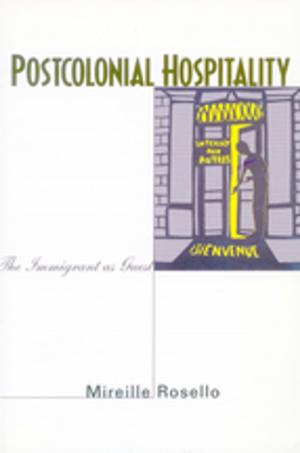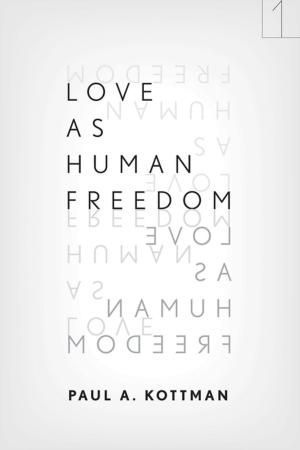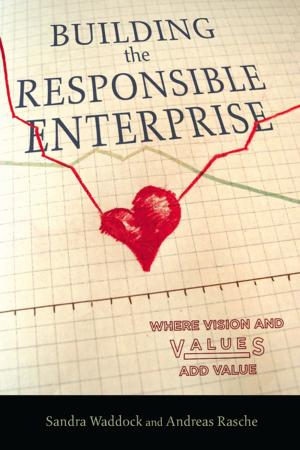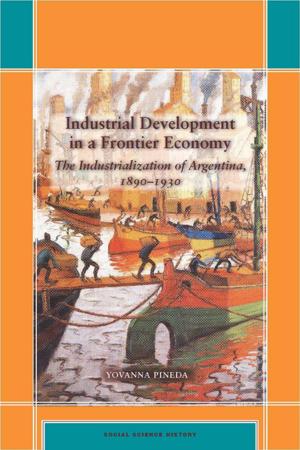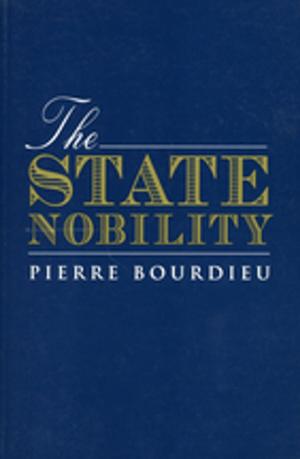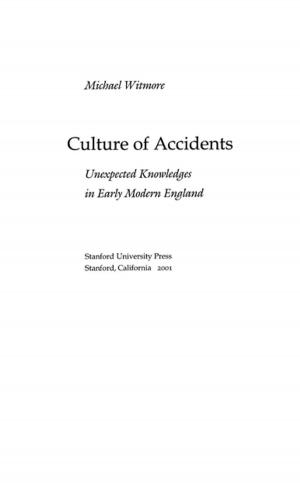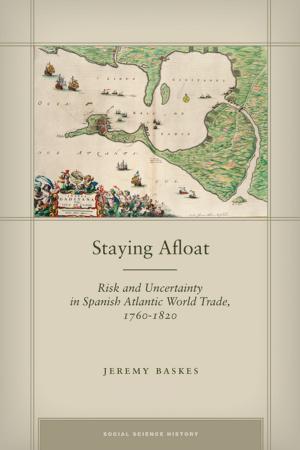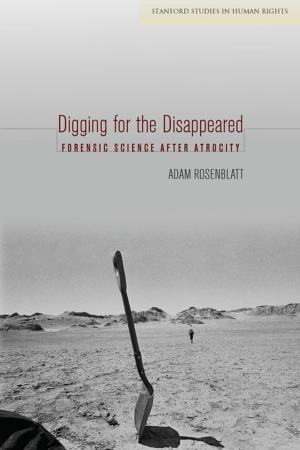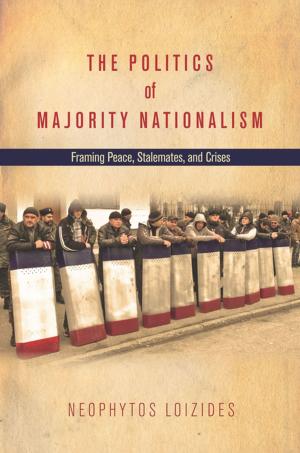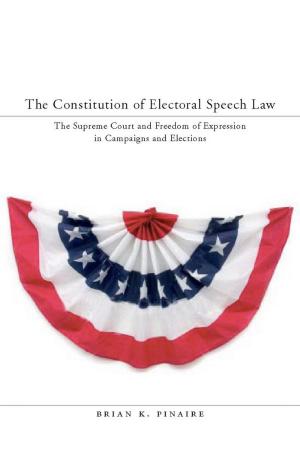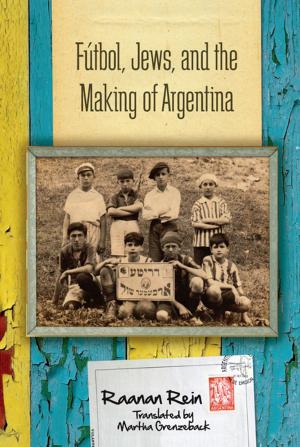Constructing China's Jerusalem
Christians, Power, and Place in Contemporary Wenzhou
Nonfiction, Social & Cultural Studies, Social Science, Sociology, Marriage & Family, Religion & Spirituality, Christianity, Church, Church History, Anthropology| Author: | Nanlai Cao | ISBN: | 9780804776424 |
| Publisher: | Stanford University Press | Publication: | November 4, 2010 |
| Imprint: | Stanford University Press | Language: | English |
| Author: | Nanlai Cao |
| ISBN: | 9780804776424 |
| Publisher: | Stanford University Press |
| Publication: | November 4, 2010 |
| Imprint: | Stanford University Press |
| Language: | English |
Drawing on extensive ethnographic fieldwork and in-depth life history interviews, this illuminating book provides an intimate portrait of contemporary Chinese Christianity in the context of a modern, commercialized economy. In vivid detail, anthropologist Nanlai Cao explores the massive resurgence of Protestant Christianity in the southeastern coastal city of Wenzhou—popularly referred to by its residents as "China's Jerusalem"—a nationwide model for economic development and the largest urban Christian center in China. Cao's study of Chinese Christians delves into the dynamics of activities such as banqueting, network building, property acquisition, mate selection, marriage ritual, migrant work, and education. Unlike previous research that has mainly looked at older, rural, and socially marginalized church communities, Cao trains his focus on economically powerful, politically connected, moralizing Christian entrepreneurs. In framing the city of Wenzhou as China's Jerusalem, newly rich Chinese Christians seek not only to express their leadership aspirations in a global religious movement but also to assert their place, identity, and elite status in post-reform Chinese society.
Drawing on extensive ethnographic fieldwork and in-depth life history interviews, this illuminating book provides an intimate portrait of contemporary Chinese Christianity in the context of a modern, commercialized economy. In vivid detail, anthropologist Nanlai Cao explores the massive resurgence of Protestant Christianity in the southeastern coastal city of Wenzhou—popularly referred to by its residents as "China's Jerusalem"—a nationwide model for economic development and the largest urban Christian center in China. Cao's study of Chinese Christians delves into the dynamics of activities such as banqueting, network building, property acquisition, mate selection, marriage ritual, migrant work, and education. Unlike previous research that has mainly looked at older, rural, and socially marginalized church communities, Cao trains his focus on economically powerful, politically connected, moralizing Christian entrepreneurs. In framing the city of Wenzhou as China's Jerusalem, newly rich Chinese Christians seek not only to express their leadership aspirations in a global religious movement but also to assert their place, identity, and elite status in post-reform Chinese society.

